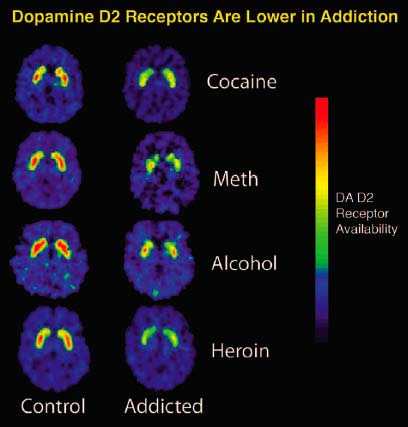WHAT IS ADDICTION?
 In simple words, an addiction is something which is hard to control or stop. But it's more complicated than we think and although scientist are doing a lot of experiments they haven't yet figured it out completely. But the strange thing is even addicted people doesn't know what's happening to them. They start taking drugs initially just because it was pleasurable, but later it turn out to be no more pleasurable but still they can't stop themselves from having it.
In simple words, an addiction is something which is hard to control or stop. But it's more complicated than we think and although scientist are doing a lot of experiments they haven't yet figured it out completely. But the strange thing is even addicted people doesn't know what's happening to them. They start taking drugs initially just because it was pleasurable, but later it turn out to be no more pleasurable but still they can't stop themselves from having it. Today, most experts recognize two types of addiction:
- Chemical addiction. This refers to addiction that involves the use of substances.
- Behavioral addiction. This refers to addiction that involves compulsive behaviors. These are persistent, repeated behaviors that you carry out even if they don’t offer any real benefit.
DOES ADDICTION AFFECT YOUR BRAIN?
THE RAT PARK EXPERIMENT.....
In the 1970s, Bruce K Alexander performed an experiment called the “Rat Park" experiment. Researchers had already proved that when rats were placed in a cage, all alone, with no other community of rats, and offered two water bottles-one filled with water and the other with heroin, the rats would repetitively drink from the drug-laced bottles until they all overdosed and died. Alexander hypothesized that this result may be exacerbated by loneliness .To test his hypothesis, he put rats in “rat parks,” where they were among others and free to roam to play and to socialize. And they were given the same access to the same two types of drug laced bottles. When inhabiting a “rat park,” they remarkably preferred the plain water. Even when they did imbibe from the drug-filled bottle, they did so intermittently, not obsessively, and never overdosed and didn't die. A social community beat the power of drugs. A similar experiment was did on humans and they got the same result.
HOW TO PREVENT IT ?....
GOOD & HEALTHY SOCIAL RELATIONS IS THE ANSWER



Good work..
ReplyDeleteThanks
Delete